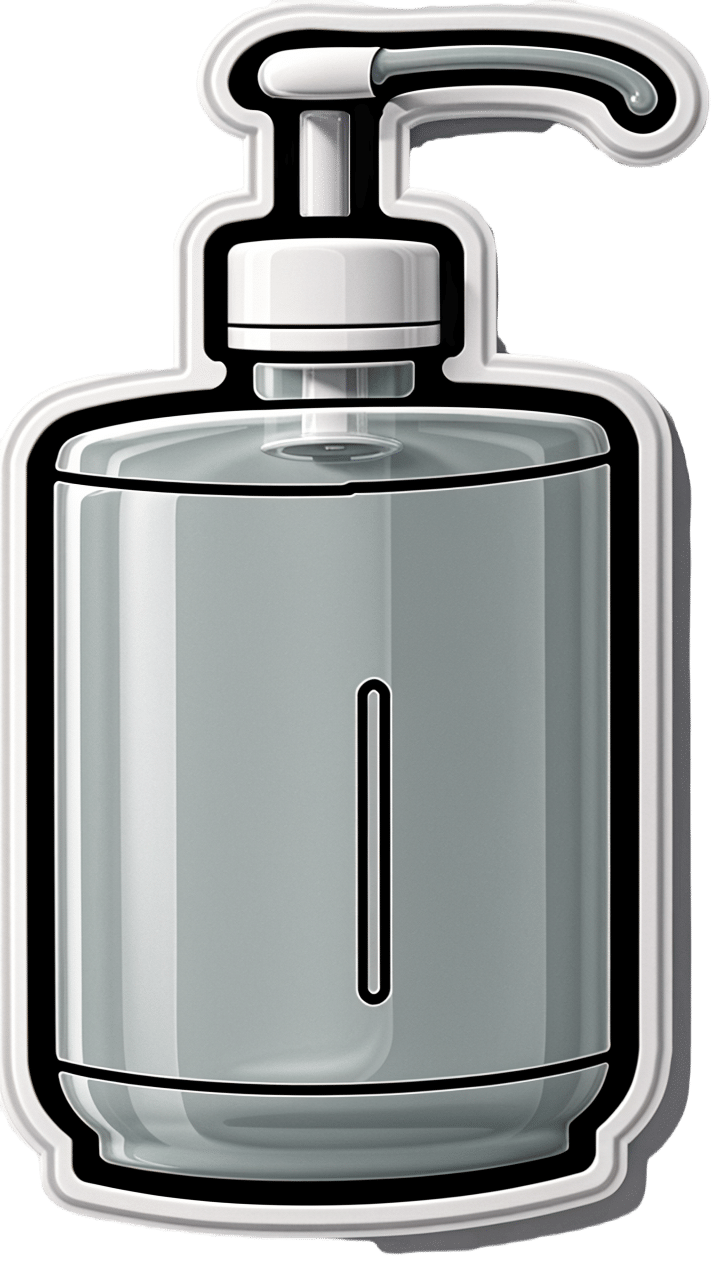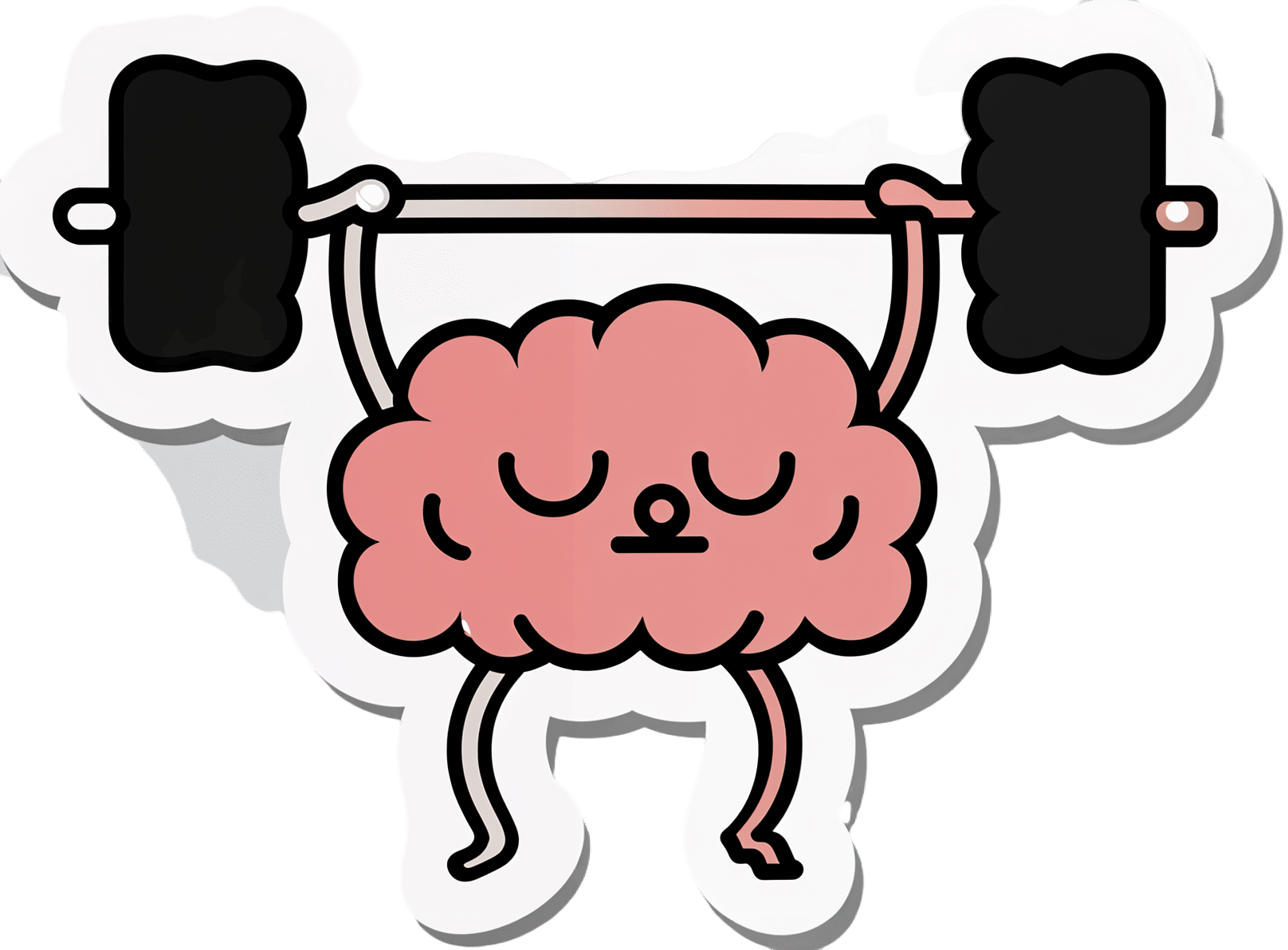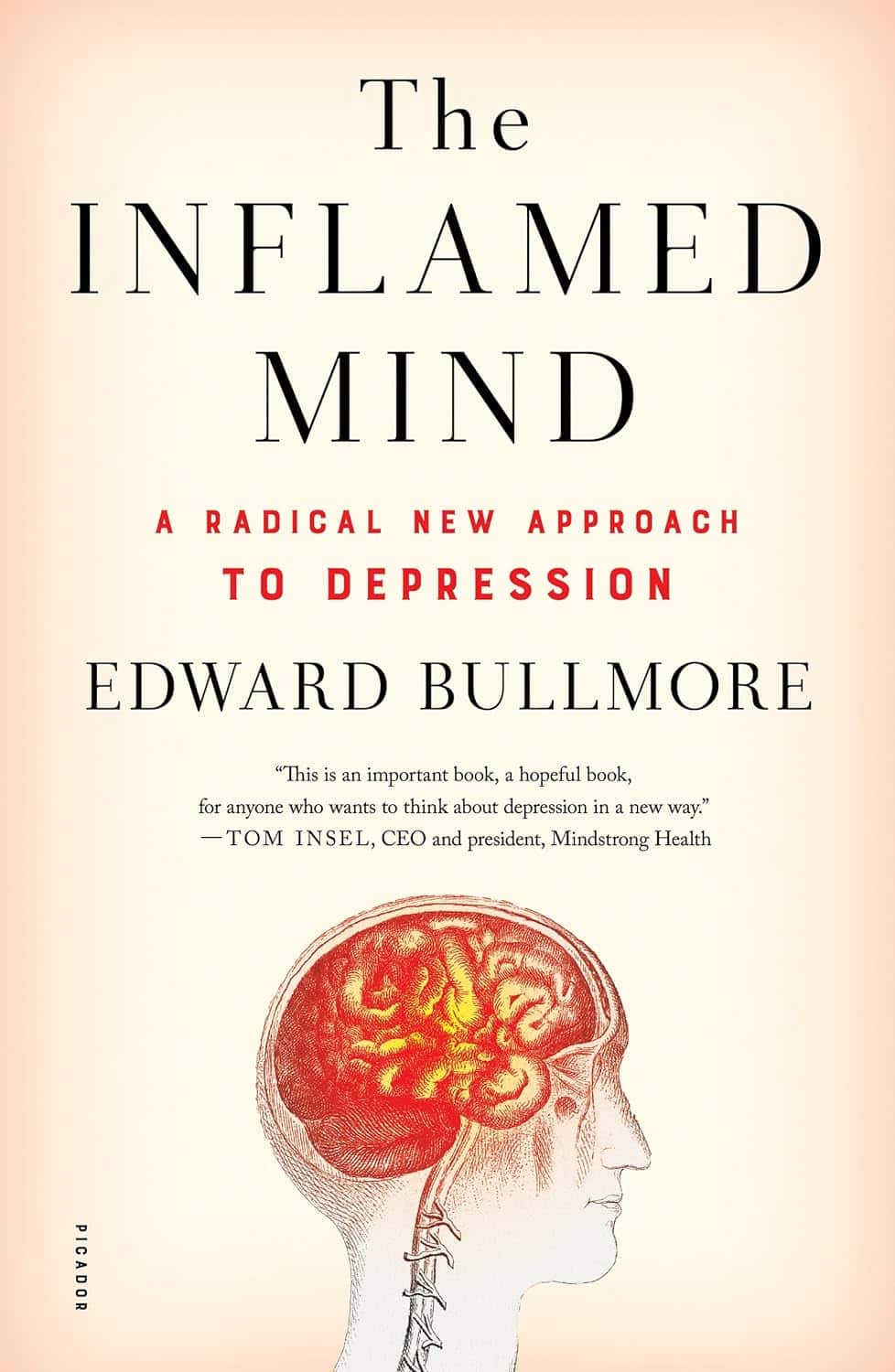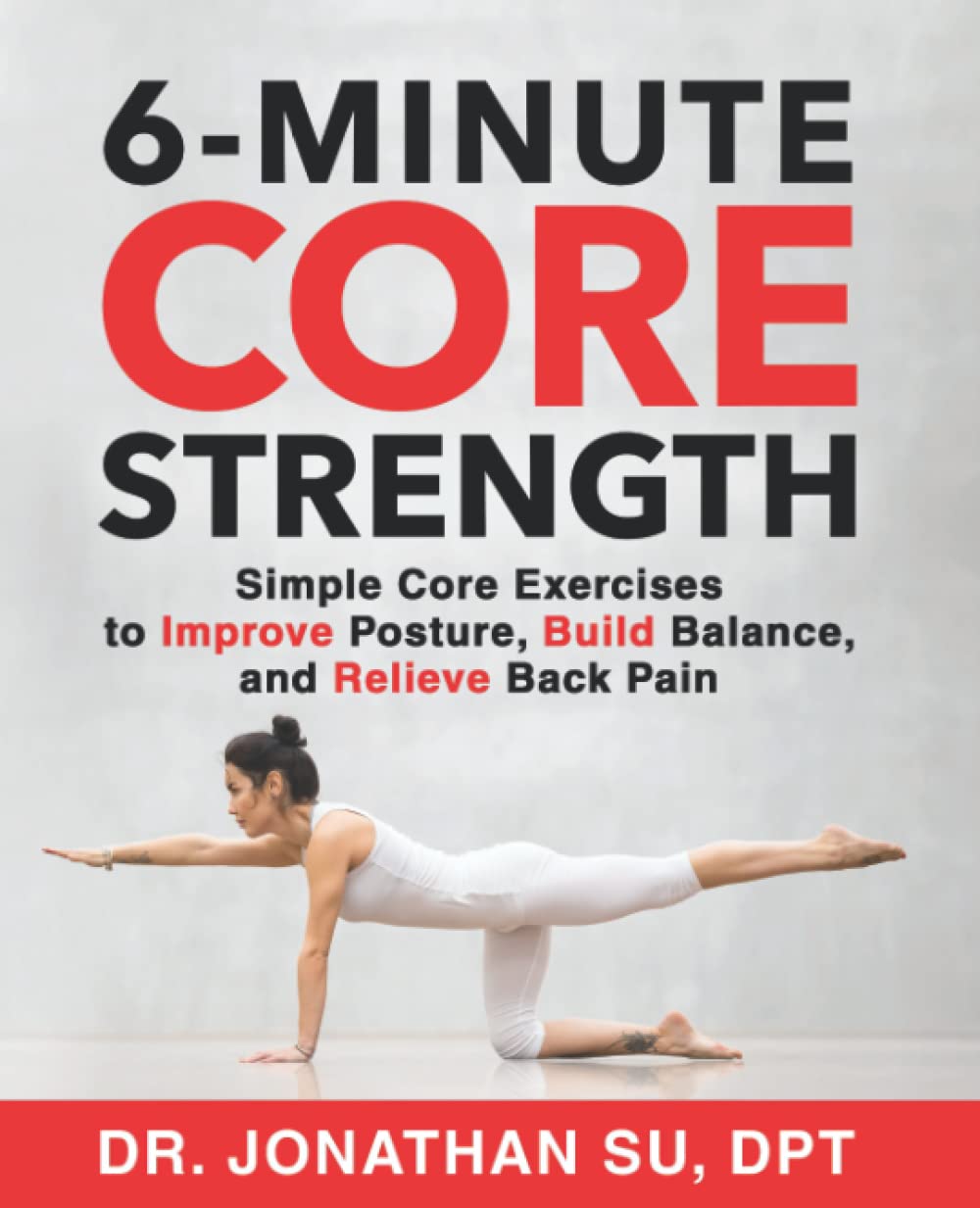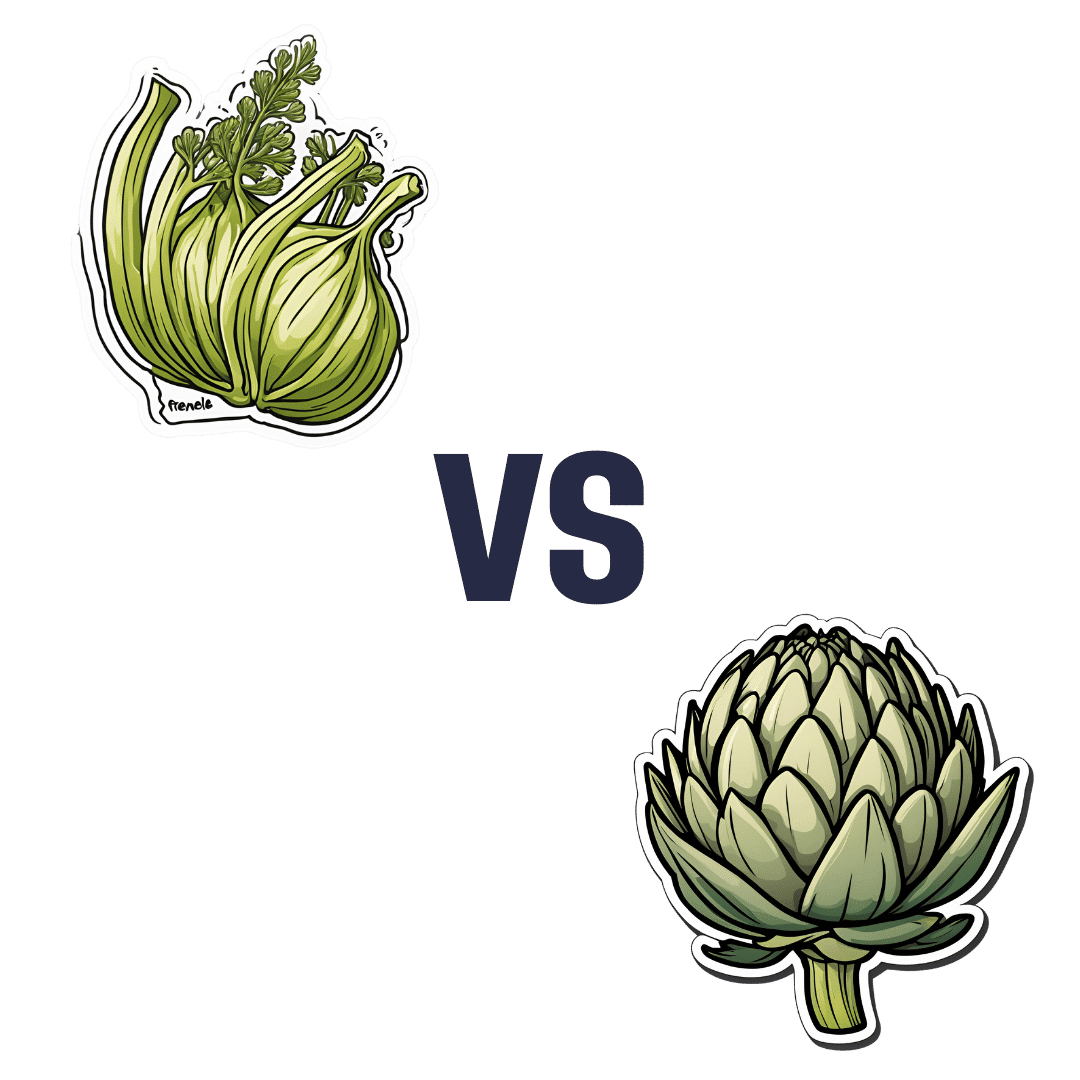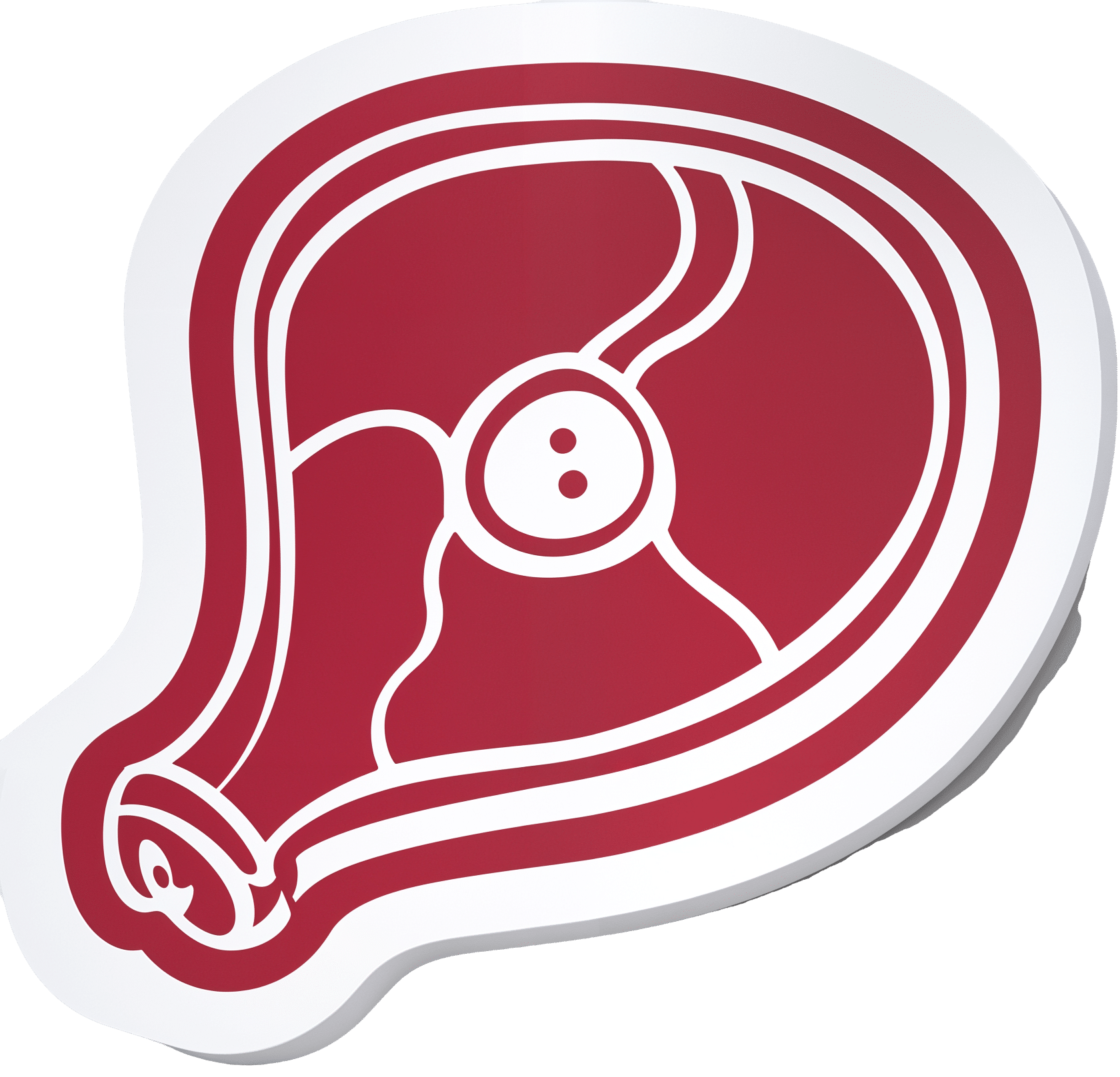
Protein: How Much Do We Need, Really?
10almonds is reader-supported. We may, at no cost to you, receive a portion of sales if you purchase a product through a link in this article.
Mythbusting Protein!
Yesterday, we asked you for your policy on protein consumption. The distribution of responses was as follows:

- A marginal majority (about 55%) voted for “Protein is very important, but we can eat too much of it”
- A large minority (about 35%) voted for “We need lots of protein; the more, the better!”
- A handful (about 4%) voted for “We should go as light on protein as possible”
- A handful (6%) voted for “If we don’t eat protein, our body will create it from other foods”
So, what does the science say?
If we don’t eat protein, our body will create it from other foods: True or False?
Contingently True on an absurd technicality, but for all practical purposes False.
Our body requires 20 amino acids (the building blocks of protein), 9 of which it can’t synthesize and absolutely must get from food. Normally, we get those amino acids from protein in our diet, and we can also supplement them by buying amino acid supplements.
Specifically, we require (per kg of bodyweight) a daily average of:
- Histidine: 10 mg
- Isoleucine: 20 mg
- Leucine: 39 mg
- Lysine: 30 mg
- Methionine: 10.4 mg
- Phenylalanine*: 25 mg
- Threonine: 15 mg
- Tryptophan: 4 mg
- Valine: 26 mg
*combined with the non-essential amino acid tyrosine
Source: Protein and Amino Acid Requirements In Human Nutrition: WHO Technical Report
However, to get the requisite amino acid amounts, without consuming actual protein, would require gargantuan amounts of supplementation (bearing in mind bioavailability will never be 100%, so you’ll always need to take more than it seems), using supplements that will have been made by breaking down proteins anyway.
So unless you live in a laboratory and have access to endless amounts of all of the required amino acids (you can’t miss even one; you will die), and are willing to do that for the sake of proving a point, then you do really need to eat protein.
Your body cannot, for example, simply break down sugar and use it to make the protein you need.
On another technical note… Do bear in mind that many foods that we don’t necessarily think of as being sources of protein, are sources of protein.
Grains and grain products, for example, all contain protein; we just don’t think of them as that because their macronutritional profile is heavily weighted towards carbohydrates.
For that matter, even celery contains protein. How much, you may ask? Almost none! But if something has DNA, it has protein. Which means all plants and animals (at least in their unrefined forms).
So again, to even try to live without protein would very much require living in a laboratory.
We can eat too much protein: True or False?
True. First on an easy technicality; anything in excess is toxic. Even water, or oxygen. But also, in practical terms, there is such a thing as too much protein. The bar is quite high, though:
❝Based on short-term nitrogen balance studies, the Recommended Dietary Allowance of protein for a healthy adult with minimal physical activity is currently 0.8 g protein per kg bodyweight per day❞
❝To meet the functional needs such as promoting skeletal-muscle protein accretion and physical strength, dietary intake of 1.0, 1.3, and 1.6 g protein per kg bodyweight per day is recommended for individuals with minimal, moderate, and intense physical activity, respectively❞
❝Long-term consumption of protein at 2 g per kg bodyweight per day is safe for healthy adults, and the tolerable upper limit is 3.5 g per kg bodyweight per day for well-adapted subjects❞
❝Chronic high protein intake (>2 g per kg bodyweight per day for adults) may result in digestive, renal, and vascular abnormalities and should be avoided❞
Source: Dietary protein intake and human health
To put this into perspective, if you weigh about 160lbs (about 72kg), this would mean eating more than 144g protein per day, which grabbing a calculator means about 560g of lean beef, or 20oz, or 1¼lb.
If you’re eating quarter-pounder burgers though, that’s not usually so lean, so you’d need to eat more than nine quarter-pounder burgers per day to get too much protein.
High protein intake damages the kidneys: True or False?
True if you have kidney damage already; False if you are healthy. See for example:
- Effects of dietary protein restriction on the progression of advanced renal disease in the modification of diet in renal disease study
- A high protein diet has no harmful effects: a one-year crossover study in healthy male athletes
High protein intake increases cancer risk: True or False?
True or False depending on the source of the protein, so functionally false:
- Eating protein from red meat sources has been associated with higher risk for many cancers
- Eating protein from other sources has been associated with lower risk for many cancers
Source: Red Meat Consumption and Mortality Results From 2 Prospective Cohort Studies
High protein intake increase risk of heart disease: True or False?
True or False depending on the source of the protein, so, functionally false:
- Eating protein from red meat sources has been associated with higher risk of heart disease
- Eating protein from other sources has been associated with lower risk of heart disease
Source: Major Dietary Protein Sources and Risk of Coronary Heart Disease in Women
In summary…
Getting a good amount of good quality protein is important to health.
One can get too much, but one would have to go to extremes to do so.
The source of protein matters:
- Red meat is associated with many health risks, but that’s not necessarily the protein’s fault.
- Getting plenty of protein from (ideally: unprocessed) sources such as poultry, fish, and/or plants, is critical to good health.
- Consuming “whole proteins” (that contain all 9 amino acids that we can’t synthesize) are best.
Learn more: Complete proteins vs. incomplete proteins (explanation and examples)
Don’t Forget…
Did you arrive here from our newsletter? Don’t forget to return to the email to continue learning!
Recommended
Learn to Age Gracefully
Join the 98k+ American women taking control of their health & aging with our 100% free (and fun!) daily emails:
-
The Physical Exercises That Build Your Brain
10almonds is reader-supported. We may, at no cost to you, receive a portion of sales if you purchase a product through a link in this article.
Jim Kwik: from broken brain to brain coach
Image from Kwik Learning This is Jim Kwik. He suffered a traumatic brain injury as a small child, and later taught himself to read and write by reading comic books. He became fascinated with the process of learning, and in his late 20s he set up Kwik Learning, to teach accelerated learning in classrooms and companies, which he continued until 2009 when he launched his online learning platform. His courses have now been enjoyed by people in 195 countries.
So, since accelerated learning is his thing, you might wonder…
What does he have to share that we can benefit from in the next five minutes?
Three brain exercises to improve memory and concentration
A lot of problems we have with working memory are a case of executive dysfunction, but there are tricks we can use to get our brains into gear and make them cumulatively stronger:
First exercise
You can strengthen your corpus callosum (the little bridge between the two hemispheres of the brain) by performing a simple kinesiological exercise, such as alternating touching your left elbow to your right knee, and touching your right elbow to your left knee.
Do it for about a minute, but the goal here is not a cardio exercise, it’s accuracy!
You want to touch your elbow and opposite knee to each other as precisely as possible each time. Not missing slightly off to the side, not falling slightly short, not hitting it too hard.
Second exercise
Put your hands out in front of you, as though you’re about to type at a keyboard. Now, turn your hands palm-upwards. Now back to where they were. Now palm-upwards again. Got it? Good.
That’s not the exercise, the exercise is:
You’re now going to do the same thing, but do it twice as quickly with one hand than the other. So they’ll still be flipping to the same basic “beat”, put it in musical terms, the tempo on one hand will now be twice that of the other. When you get the hang of that, switch hands and do the other side.
This is again about the corpus callosum, but it’s now adding an extra level of challenge because of holding the two rhythms separately, which is also working the frontal lobe of the cerebral cortex.
The pre-frontal cortex in particular is incredibly important to executive function, self-discipline, and being able to “do” delayed gratification. So this exercise is really important!
Third exercise
This one works the same features of the brain, but most people find it harder. So, consider it a level-up on the previous:
Imagine there’s a bicycle wheel in front of you (as though the bike is facing you at chest-height). Turn the wheel towards you with your hands, one on each side.
Now, do the same thing, but each of your hands is going in the opposite direction. So one is turning the wheel towards you; the other is turning it away from you.
Now, do the same thing, but one hand goes twice as quickly as the other.
Switch sides.
Why is this harder for most people than the previous? Because the previous involved processing discrete (distinct from each other) movements while this one involves analog continuous movements.
It’s like reading an analog clock vs a digital clock, but while using both halves of your brain, your corpus callosum, your pre-frontal cortex, and the motor cortex too.
Want to learn more?
You might enjoy his book, which as well as offering exercises like the above, also offers a lot about learning strategies, memory processes, and generally building a quicker more efficient brain:
Limitless: Upgrade Your Brain, Learn Anything Faster, and Unlock Your Exceptional Life
Share This Post
-
The Inflamed Mind – by Dr. Edward Bullmore
10almonds is reader-supported. We may, at no cost to you, receive a portion of sales if you purchase a product through a link in this article.
Firstly, let’s note that this book was published in 2018, so the “radical new” approach is more like “tried and tested and validated” now.
Of course, inflammation in the brain is also linked to Alzheimer’s, Parkinson’s, and other neurodegenerative disorders, but that’s not the main topic here.
Dr. Bullmore, a medical doctor, psychiatrist, and neuroscientist with half the alphabet after his name, knows his stuff. We don’t usually include author bio information here, but it’s also relevant that he has published more than 500 scientific papers and is one of the most highly cited scientists worldwide in neuroscience and psychiatry.
What he explores in this book, with a lot of hard science made clear for the lay reader, is the mechanisms of action of depression treatments that aren’t just SSRIs, and why anti-inflammatory approaches can work for people with “treatment-resistant depression”.
The book was also quite prescient in its various declarations of things he expects to happen in the field in the next five years, because they’ve happened now, five years later.
Bottom line: if you’d like to understand how the mind and body affect each other in the cases of inflammation and depression, with a view to lessening either or both of those things, this is a book for you.
Click here to check out The Inflamed Mind, and take good care of yours!
Share This Post
-
6-Minute Core Strength – by Dr. Jonathan Su
10almonds is reader-supported. We may, at no cost to you, receive a portion of sales if you purchase a product through a link in this article.
We don’t normally do author biographies here, but in this case it’s worth noting that Dr. Su is a physiotherapist, military rehab expert, and an IAYT yoga therapist. So, these things together certainly do lend weight to his advice.
About the “6-minute” thing: this is in the style of the famous “7-minute workout” and “5 Minutes’ Physical Fitness” etc, and refers to how long each exercise session should take. The baseline is one such session per day, though of course doing more than one set of 6 minutes each time is a bonus if you wish to do so.
The exercises are focused on core strength, but they also include hip and shoulder exercises, since these are after all attached to the core, and hip and shoulder mobility counts for a lot.
A particular strength of the book is in troubleshooting mistakes of the kind that aren’t necessarily visible from photos; in this case, Dr. Su explains what you need to go for in a certain exercise, and how to know if you are doing it correctly. This alone is worth the cost of the book, in this reviewer’s opinion.
Bottom line: if you want core strength and want it simple yet comprehensive, this book can guide you.
Click here to check out 6-Minute Core Strength, and strengthen yours!
Share This Post
Related Posts
-
Health Hacks from 20 Doctors
10almonds is reader-supported. We may, at no cost to you, receive a portion of sales if you purchase a product through a link in this article.
Doctor Mike’s Approach
You may be used to Tuesday’s expert insights column, where we break down the work or research of a medical expert. Doctor Mike, the creator of the video below, has put us to shame, interviewing 20 experts and condensing it into one, sub 12-minute video.
In short, Doctor Mike has interviewed medical professionals and asked them to share a unique piece of advice, specific to their field, that’s easy to incorporate into your daily routine. He calls them Health Hacks (hey, that sounds similar to our Life Hacks section).
We aren’t going to list out all 20—you’ll have to watch the video for that—but here are a few of our favourites
Toenail Fungus Treatment
Dr. Dana Brems, a podiatrist, reveals that Vicks VapoRub has antifungal properties, and thus can be used on toenails affected by fungus.
Water Intake Myth
Dr. Rena Malik, a urologist, debunks the myth that everyone needs to drink eight glasses of water daily, advising people to drink when thirsty and monitor urine color for hydration.
(You can see what we’ve written on this subject here, as well as here).
Natural Lip Plumper
Dr. Anthony Youn, a plastic surgeon, offers a simple recipe for plumping lips—add a drop or two of food-grade peppermint oil to your lip gloss.
Toothbrushing Technique:
Dr. Winters, an orthodontist, explains that brushing teeth at a 45-degree angle towards the gums is more effective than the common side-to-side method. See our thoughts on this here and here.
Want more tips? Watch them all in the video below:
How was the video? If you’ve discovered any great videos yourself that you’d like to share with fellow 10almonds readers, then please do email them to us!
Don’t Forget…
Did you arrive here from our newsletter? Don’t forget to return to the email to continue learning!
Learn to Age Gracefully
Join the 98k+ American women taking control of their health & aging with our 100% free (and fun!) daily emails:
-
Broccoli vs Cauliflower – Which is Healthier?
10almonds is reader-supported. We may, at no cost to you, receive a portion of sales if you purchase a product through a link in this article.
Our Verdict
When comparing broccoli to cauliflower, we picked the broccoli.
Why?
This one is quite straightforward. Superficially, they’re very similar:
Both are great cruciferous vegetables with many health benefits to offer. Even for those keen to avoid oxalates, which cruciferous vegetables in general can be high in, these ones are quite low.
However, if you have IBS, you might want to avoid both, for their raffinose content that may cause problems for you.
For pretty much everyone else, unless you have a special reason why it’s not the case for you, both are a good source of abundant vitamins and minerals, and yet…
Anything cauliflower can do, broccoli can do better!
Broccoli contains more of the vitamins they both contain, and more of the minerals they both contain.
Broccoli also beats cauliflower on amino acids (except lysine), and contains a lot more lutein and zeaxanthin, carotenoids important for healthy eyes and brain.
So by all means enjoy both, but if you’re going to pick one, pick broccoli!
Want to know more?
Check out: Brain Food? The Eyes Have It!
Enjoy!
Don’t Forget…
Did you arrive here from our newsletter? Don’t forget to return to the email to continue learning!
Learn to Age Gracefully
Join the 98k+ American women taking control of their health & aging with our 100% free (and fun!) daily emails:
-
Fennel vs Artichoke – Which is Healthier?
10almonds is reader-supported. We may, at no cost to you, receive a portion of sales if you purchase a product through a link in this article.
Our Verdict
When comparing fennel to artichoke, we picked the artichoke.
Why?
Both are great! But artichoke wins on nutritional density.
In terms of macros, artichoke has more protein and more fiber, for only slightly more carbs.
Vitamins are another win for artichoke, boasting more of vitamins B1, B2, B3, B5, B6, B9, and choline. Meanwhile, fennel has more of vitamins A, E, and K, which is also very respectable but does allow artichoke a 6:3 lead.
In the category of minerals, artichoke has a lot more copper, iron, magnesium, manganese, and phosphorus, while fennel has a little more calcium, potassium, and selenium.
One other relevant factor is that fennel is a moderate appetite suppressant, which may be good or bad depending on your food-related goals.
All in all though, we say the artichoke wins by virtue of its greater abundance of nutrients!
Want to learn more?
You might like to read:
What Matters Most For Your Heart? ← appropriately enough, with fennel hearts and artichoke hearts!
Take care!
Don’t Forget…
Did you arrive here from our newsletter? Don’t forget to return to the email to continue learning!
Learn to Age Gracefully
Join the 98k+ American women taking control of their health & aging with our 100% free (and fun!) daily emails:

